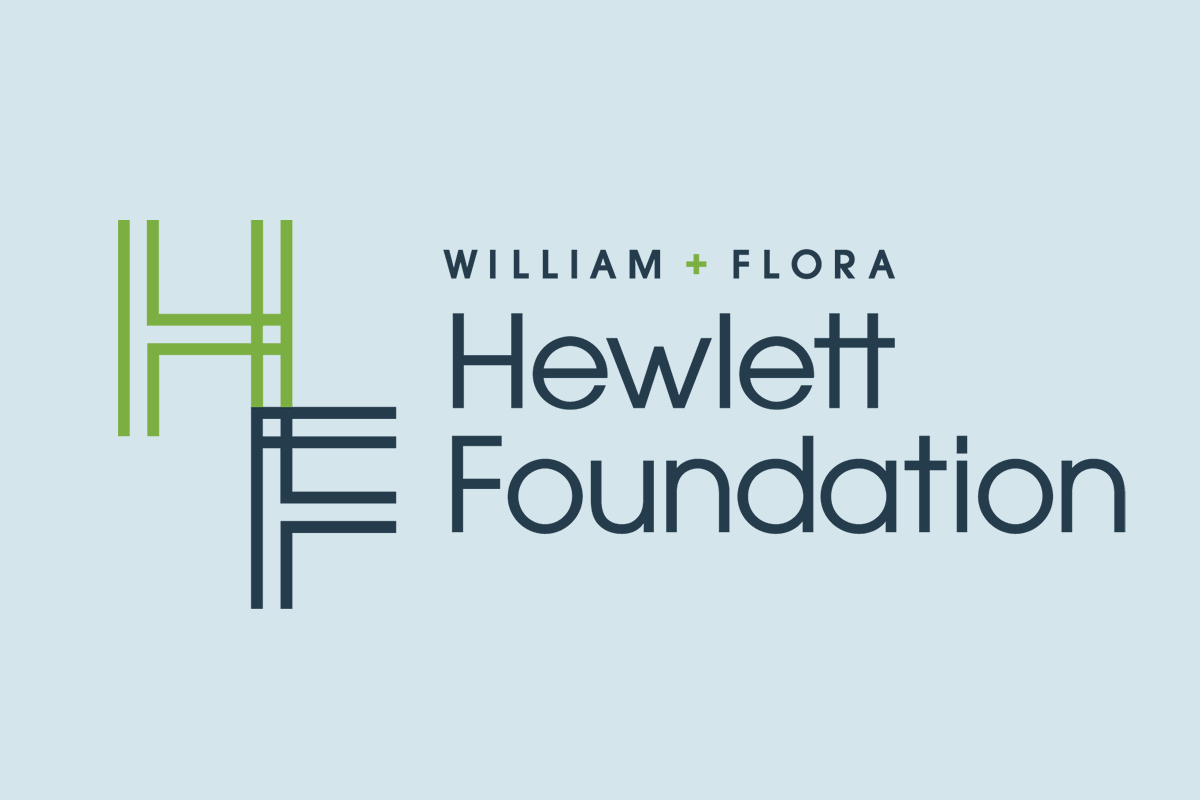A Path to Inclusive Development: Unpacking Gender Inequalities in Economic Theory and Policies
This event has ended.
When
Wednesday 11 Sep 2024 - 12:00amto
Friday 13 Sep 2024 - 12:00am
Where
Levy Economic Institute of Bard CollegeThe goal of this workshop is to explore ways to advance the integration of gender into economic analyses in order to promote inclusive development and policymaking. This workshop will provide a forum for scholars, academics, and policymakers to debate, discuss, and integrate the role of gender inequality in evaluating labor market dynamics, macroeconomic outcomes, and economic policies, with an overarching objective of discussing the methodological pluralism of feminist economics. There are multiple dimensions of gender inequality that intersect with other forms of inequality—such as social class, ethnicity, race, and nationality—to affect economic processes, outcomes, and policies. We are seeking contributions with strong theoretical, modeling, and/or empirical components to address these interconnections and we welcome research that applies a feminist lens to a broad range of topics in micro- and macroeconomics, cutting across local and global geographies. We invite research papers engaging but not limited to the following topics:
- Care work, social reproduction, and macroeconomics
- Investigation into aspects of gender inequalities and time allocation: integrating time-use analysis in assessing overall economic wellbeing
- Expansion and improvement of data for empirical, evidence-based gender analysis
- Examination of the bi-directional channels of influence between macroeconomic policies and gender inequalities
- Fiscal policy, taxation, and gender budgeting in low- and middle-income countries: challenges and the way forward
- Gendered impact of austerity measures
- Investigation into the gender-differentiated impacts of monetary policy
- Explorations into the mechanisms whereby gender inequalities influence macroeconomic outcomes, such as aggregate output and employment and their sectoral composition, inflation, budget deficits, and the current account balance
- Inquiry into climate change, environmental issues, and sustainability through a gendered lens
- Assessment of intra-household power dynamics, gender norms, and patriarchy in understanding economic outcomes including women’s unpaid work, labor market engagement, earnings, and the gender wage gap
- Development of new indicators of societal norms and perceptions (e.g., patriarchy, gender bias, etc.)
This workshop will bring together diverse visions of how and why gender and intersectional inequalities need to be integrated in assessing economic wellbeing and formulating development policy agendas. The workshop will facilitate deliberations on alternative theoretical frameworks and empirical evidence regarding strategies explored by feminist economists.
We invite theoretical contributions that utilize existing and novel economic modeling approaches, as well as empirical studies, in particular, those focusing on the dimensions of gender inequalities relevant to low- and middle-income countries. We encourage interdisciplinary research, submissions from young scholars and scholars from the global south. We are also interested in papers that provide a comprehensive picture of state of the art, identify gaps, and indicate directions for future research. The Levy Economics Institute of Bard College is organizing this event with the generous support of The William and Flora Hewlett Foundation. The organizers will cover accommodation and travel expenses.
For questions, please contact Emily Ungvary at [email protected]

